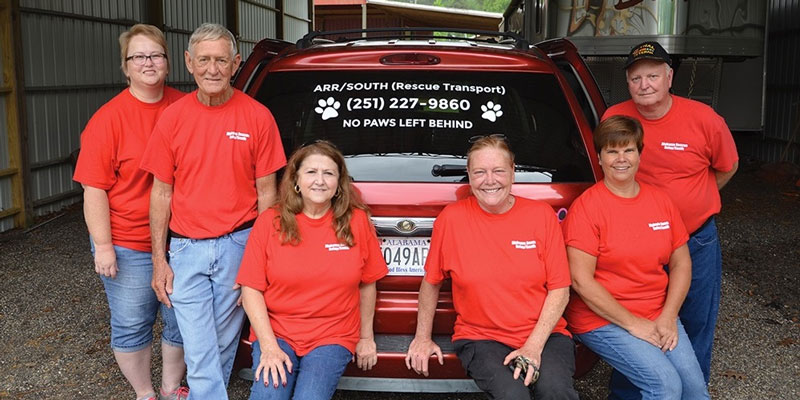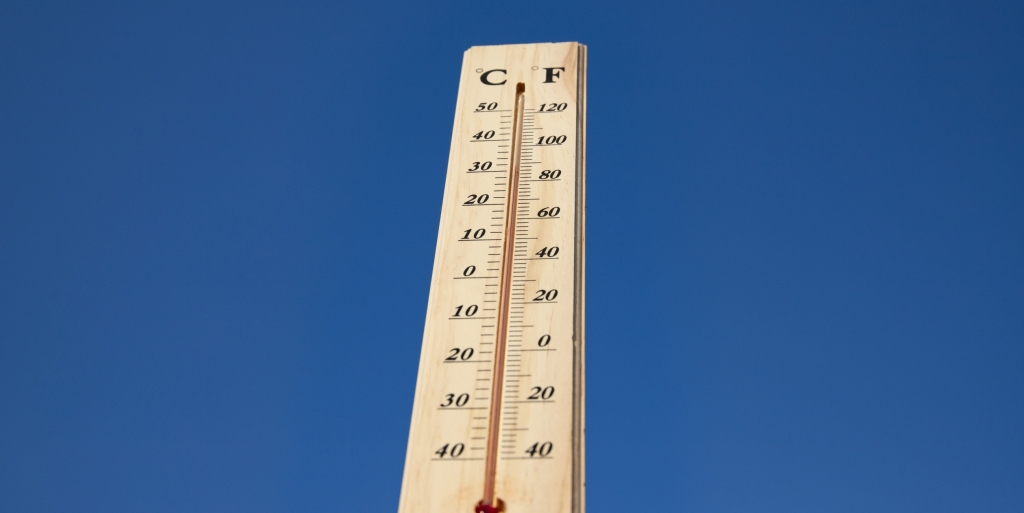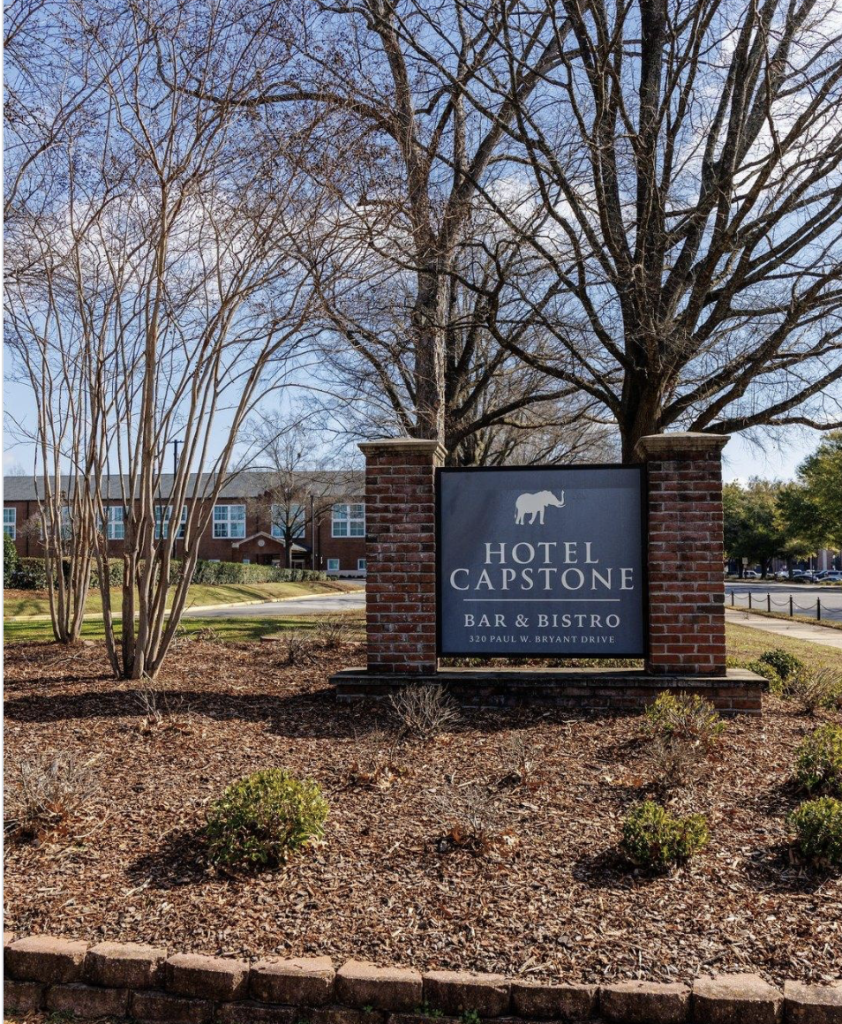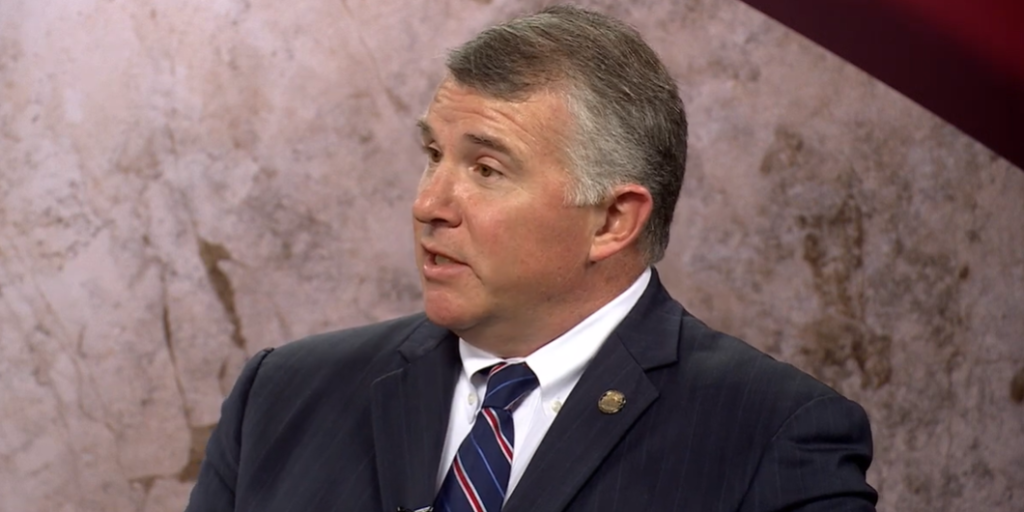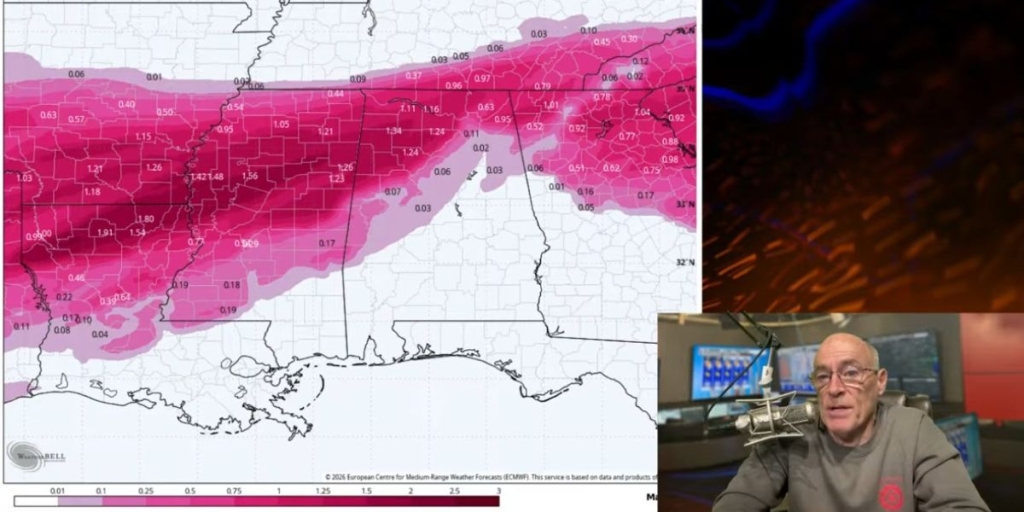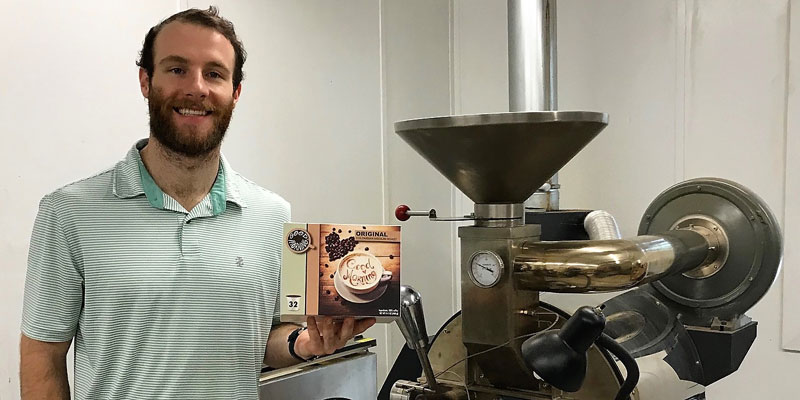Almost every day, someone abandons a pet, leaving it to fend for itself. These animals wander around looking for whatever food they can scrounge, which frequently causes trouble. Many die of starvation or sickness.
Animal shelter workers pick up some animals, but many shelters put unwanted animals to death. Sid Lambert and his wife, Veronica, founded Alabama Rescue Relay/South to help save some of these animals.
“Our mission is to transport as many dogs, cats and any other animal that needs to be transported as we can so they can be rescued,” Sid Lambert said. “When I was the director of the animal shelter in Conecuh County, I started working with other shelters around the area. We had such great success getting our animals out that they were asking me to help them place their animals. Alabama has a very high animal euthanasia rate. Many other states have stricter spay and neuter laws. We’d like to transport these animals to foster care places so they can be adopted by families.”
“We want to educate the public to get animals spayed or neutered,” Veronica Lambert said. “That eliminates a lot of unwanted litters of dogs that are just thrown out on the side of the road to roam the streets.”
Since July 2015, the Lamberts have run the nonprofit from their home in Evergreen with help from volunteers. Since that time, they’ve transported more than 2,500 dogs to rescue centers. Once, they carried 41 puppies in their old van.
“We are strictly an animal transport group,” Sid Lambert said. “We’ve also transported cats, birds, pet pigs and a rabbit that bit me. Every one of the animals went to a ‘no-kill’ facility. We transport 90 percent of our puppies to Save a Life Pet Rescue in the Orlando, Florida, area. They have frequent adoption events. Sometimes, more people show up to adopt than they have puppies up for adoption.”
Connecting animals to help
Alabama Rescue Relay/South doesn’t arrange adoptions. Most people bring animals to the Lamberts, who arrange for someone to provide temporary foster care until a rescue center will accept the animals. A foster provider might care for an animal a day or two, perhaps several weeks, until it goes to the rescue center.
“We usually don’t get involved in the actual adoptions,” Sid Lambert said. “However, if someone calls me wanting a certain type of dog and I found out about one, I’ll give that person the information. We work with different animal shelters all over. We’ve even had people send animals to us from Nova Scotia, Canada.”
When a rescue center agrees to accept an animal, the Lamberts or a volunteer driver deliver it to that destination. After the new animals arrive at a rescue center, they get a medical checkup. Many stray dogs come to rescue centers starving and sick, and need help before they can be adopted. After that, the animals wait for their “forever” homes.
Poodles and what Sid calls “small, fluffy dogs” often find homes almost immediately. However, that’s not the case with all breeds. Larger dogs generally take more time.
“When someone calls me about a dog, the first thing I ask is the size,” Sid said. “For larger dogs, I start calling animal shelters in surrounding counties. Labrador retrievers are easy to get adopted, but it’s virtually impossible for someone to take a pit bull.”
For longer trips, the Lamberts work with Pilots N Paws, a group of aviators who fly pets in their personal aircraft at their own expense. The Lamberts might arrange for a flight and take an animal to the designated airport where the Pilots N Paws flier picks it up.
The need for volunteers
All of this takes time, money and equipment. The Lamberts and their associates willingly give their time, but they need help. For starters, they need to replace their 2005 Chrysler van that has more than 150,000 miles on it. Besides a newer, larger van, they need animal crates and supplies. Above all, they need funding and people who can make long-distance drives to transport animals. People can make tax-deductible contributions to the organization.
“We couldn’t do this without the help of a lot of great volunteers who give their time and money because they just love animals and want to help,” Veronica Lambert said. “Sid and I were both volunteer firefighters and we own the ambulance service around here with our son, so we have a lot of friends who work with us. Those kinds of people are already rescue-minded. They drive for us, give money and time for anything we need. Many of them are retired, so they have some time to do things, but we always need more volunteers. We can never have enough.”
To contribute or volunteer to help, call 251-227-9860. For more information, look up Alabama Rescue Relay/South on Facebook.
This story originally appeared in Alabama Living.
(Courtesy of Alabama NewsCenter)




